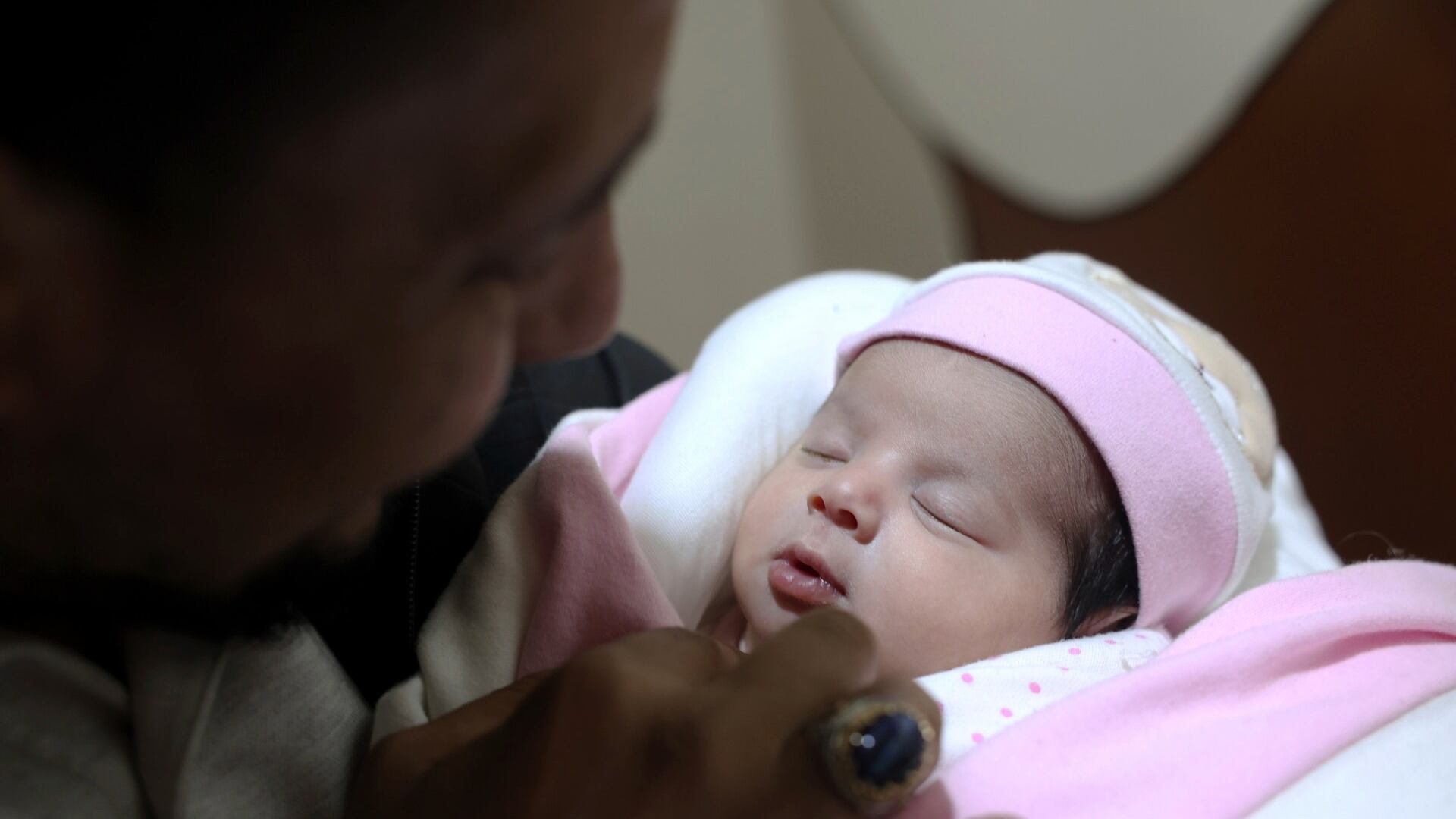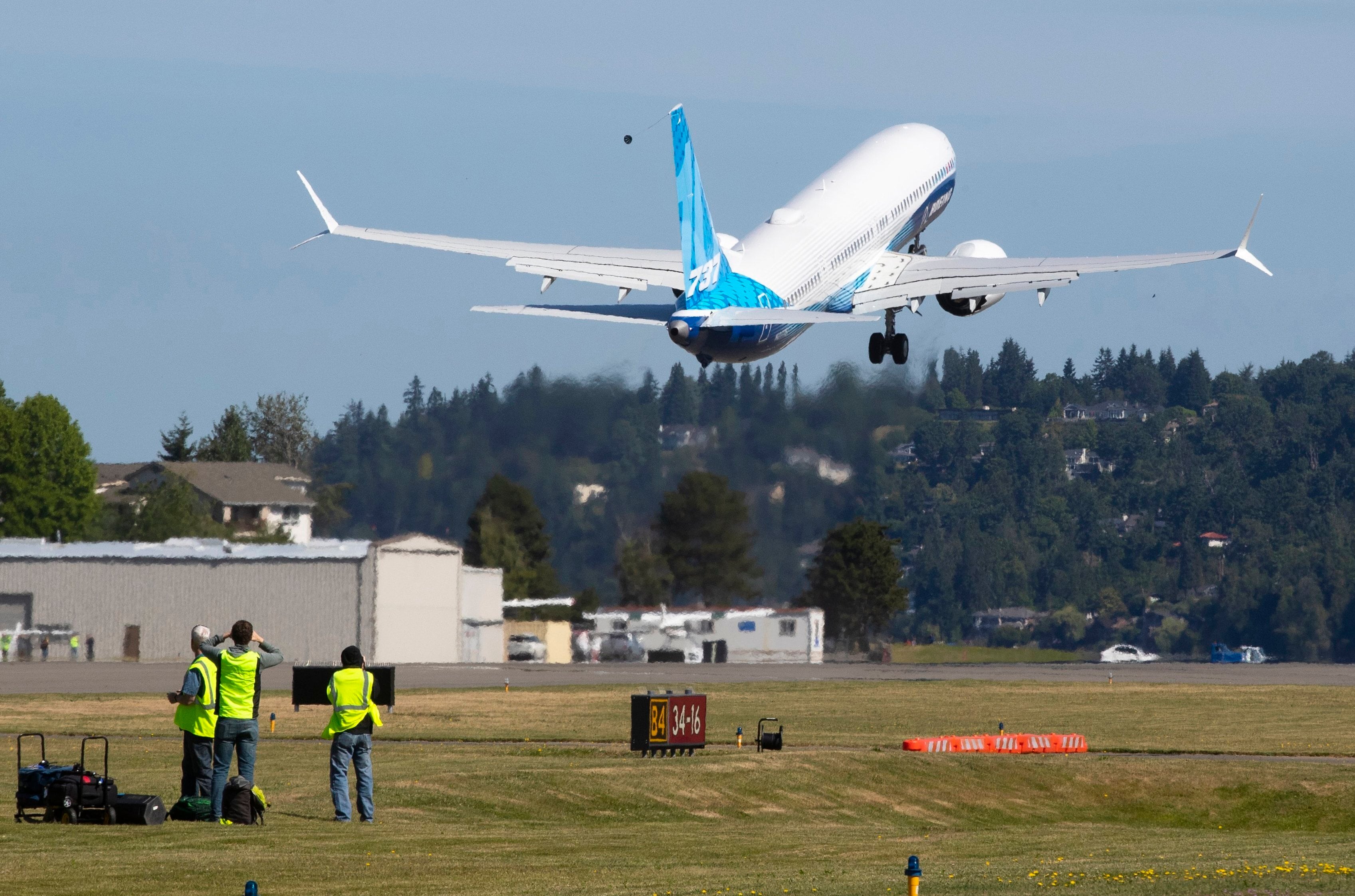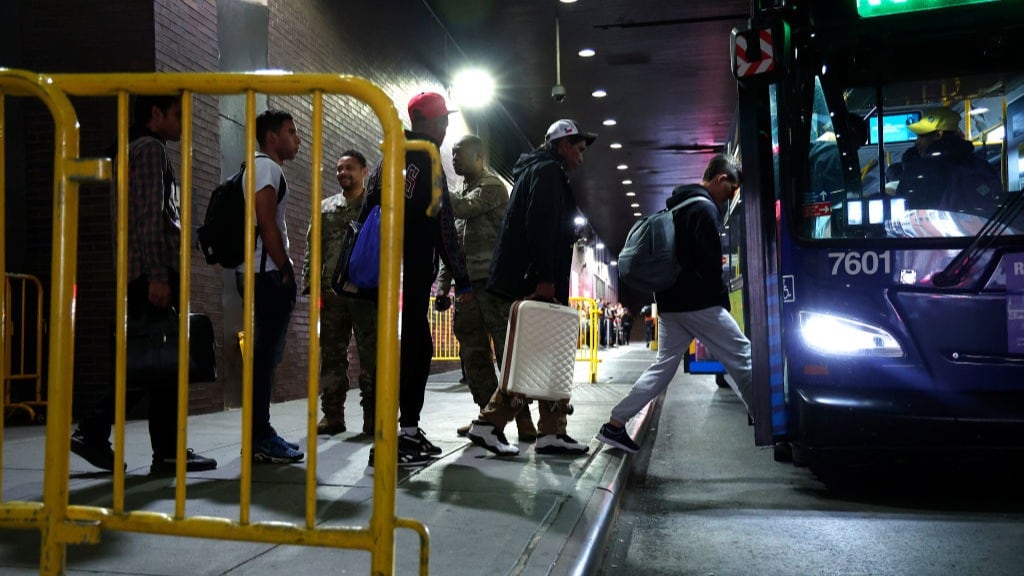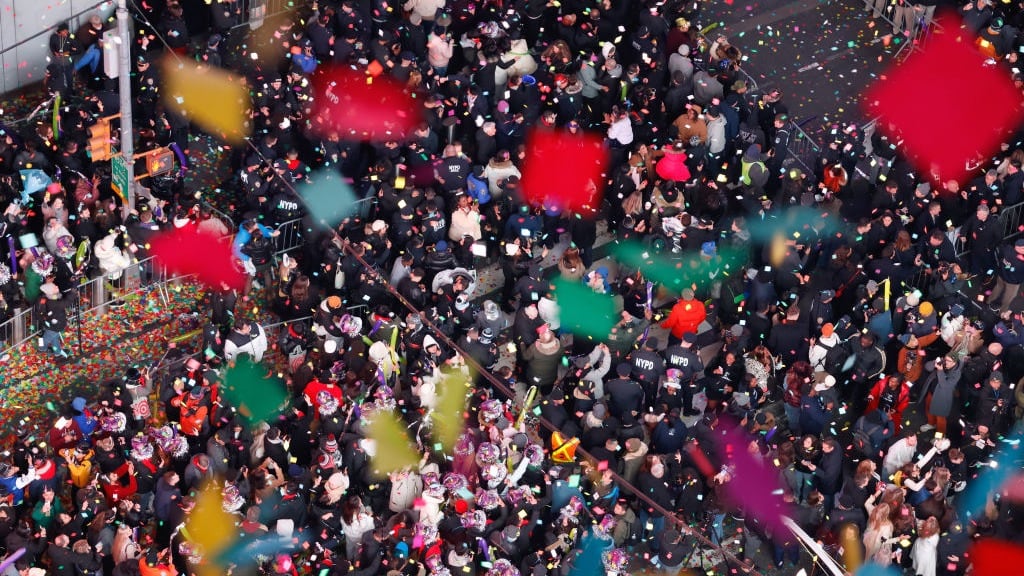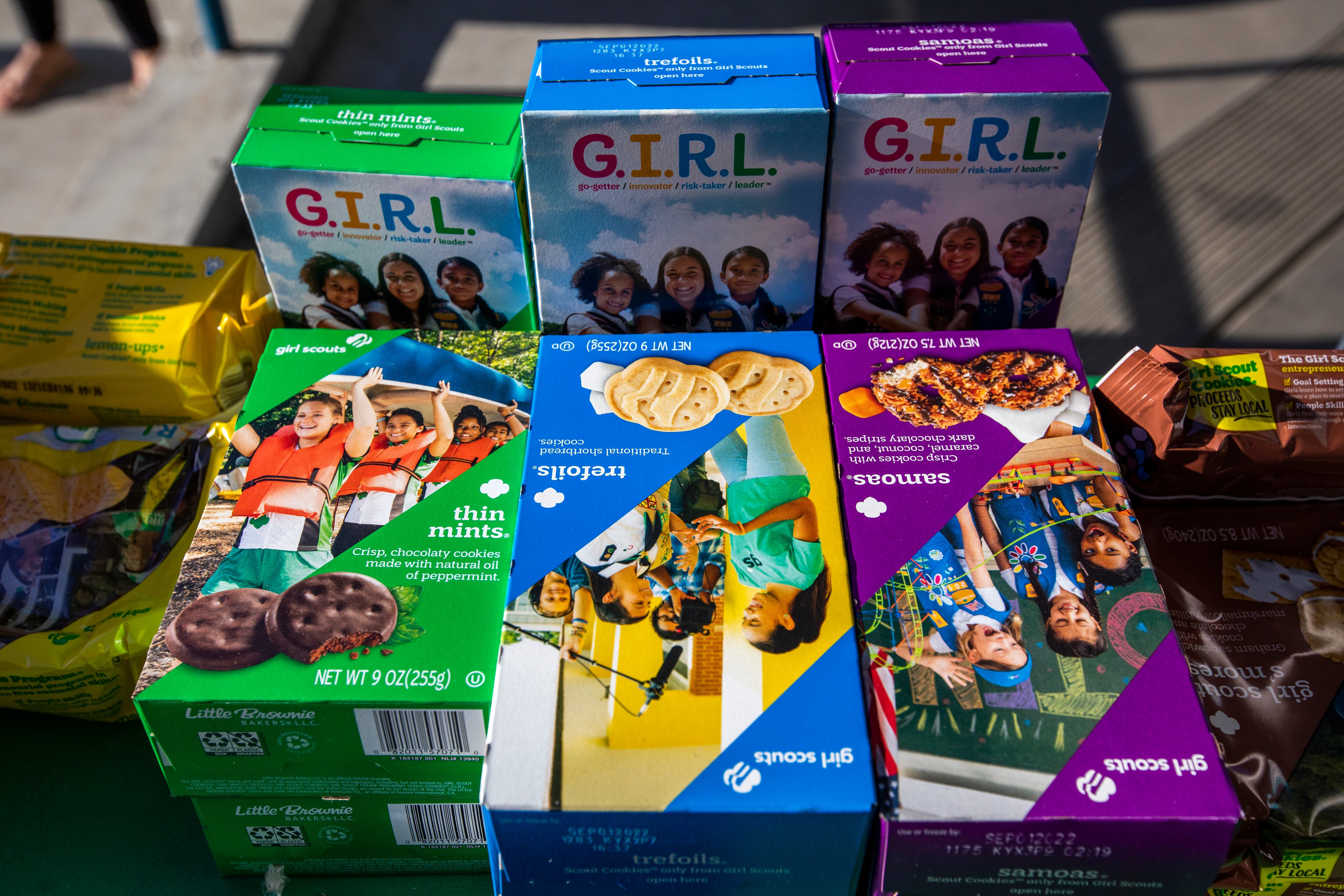By Ghaith Alsayed and Bassem Mroue
A baby girl who was born under the rubble of her family’s earthquake-shattered home has left the hospital and gone to her new home, where she was with her paternal aunt’s family Monday.
The girl had been at the hospital since hours after the Feb. 6 earthquake. She was discharged Saturday and her aunt and uncle adopted her and gave her a new name, Afraa, after her late mother.
Afraa's mother died in the quake along with her father and four siblings. A day after the infant arrived at the hospital, officials there named her Aya — Arabic for “a sign from God.”
Afraa’s story has been widely shared in news reports and people from around the world have offered to help her, with some saying they would like to adopt her. However, the relatives who took her in said that, however hard their circumstances, the best place for the infant is with family.
On Monday, Afraa was being cared for by her uncle, Khalil al-Sawadi, who is now living with relatives in the town of Jinderis in northern Syria after his home was also destroyed in the earthquake. Al-Sawadi and his wife have four daughters and two sons and now Afraa will be living with her cousins.
“She is one of my children now. I will not differentiate between her and my children,” al-Sawadi, who is also a cousin of the newborn's parents, told The Associated Press on Monday while sitting cross-legged holding Afraa and surrounded by his six children. “She will be dearer than my children because she will keep the memory alive of her father, mother and siblings.”
He added that days after Afraa was born, his wife gave birth to a daughter, Attaa.
While in the hospital in the nearby town of Afrin, the director’s wife has been breast-feeding Afraa.
Judicial officials in Afrin had taken over the case of Afraa after the girl drew international attention and some people came to the hospital claiming they are related to her although they had different family names than Afraa and her mother.
For days, al-Sawadi was worried that someone might kidnap her and he visited her frequently at the hospital.
A hospital official said Afraa was handed over to her aunt's family days after a DNA test was conducted to make sure the girl and her aunt are biologically related.
“It was sad and some nurses wept” when she was taken from the hospital, said Dr. Hani Maarouf who had taken care of Afraa since she was brought to the facility. He added that the baby girl was in very good health when she was released.
Rescue workers in Jinderis discovered the dark-haired baby girl more than 10 hours after the quake as they were digging through the wreckage of the five-story apartment building where her parents lived.
Al-Sawadi recounted how he rushed out of his home when the earthquake happened and found that the nearby building where Afraa's family lived had been reduced to a pile of rubble. Along with others from the area, al-Sawadi said they dug through the rubble in heavy rain for hours until he grew tired and sat to rest nearby.
Shortly afterward, someone called him to identify a dead woman whom they found under the rubble. He told people around that she was his cousin, Afraa. Then, they started hearing a child crying and frantically removed the sand that covered the baby, whose umbilical cord was still still connected to her mother.
Al-Sawadi said he took a razor from his pocked and cut the umbilical cord and handed the girl to another cousin and they rushed her to a nearby hospital where he was told that the girl was in good health. They drove to another hospital in the nearby town of Afrin where they were told it was full and unable to take more patients. They continued to a second hospital, which was also full, before reaching the children's hospital where she was kept until Saturday.
He said during the chaos after they pulled Afraa from under the rubble, al-Sawadi thought that the newborn was a boy and told the doctor to name “him” after her late father Abdullah Turki Mleihan. They later found out it was a girl.
He said that the girl was kept in hospital for nearly two weeks until the paperwork for her adoption was done.
The devastating 7.8 magnitude earthquake with its epicenter in Turkey’s southeastern Kharamanmaras province struck in the early hours of Feb. 6, followed by multiple aftershocks. Many communities in southeastern Turkey and northern Syria were reduced to piles of broken concrete and twisted metal. More than 44,000 people have been reported dead, a toll expected to rise as search teams find more bodies.
The earthquake destroyed dozens of housing units in the town of Jinderis, where Afraa’s family had been living since 2018.
Afraa’s father, Abdullah Turki Mleihan, was originally from the village of Khsham in eastern Deir el-Zour province, but left in 2014 after the Islamic State group captured the village, Saleh al-Badran, an uncle of Afraa’s father, said earlier this month.
“I will raise her in a way that she will not feel in need for anything,” said al-Sawadi, who buys and sells cars. Surrounded by his children, al-Sawadi asked them if he should give away Afraa to the well-wishers offering to adopt her and they said in one voice, “No.”
___
Mroue reported from Beirut.
